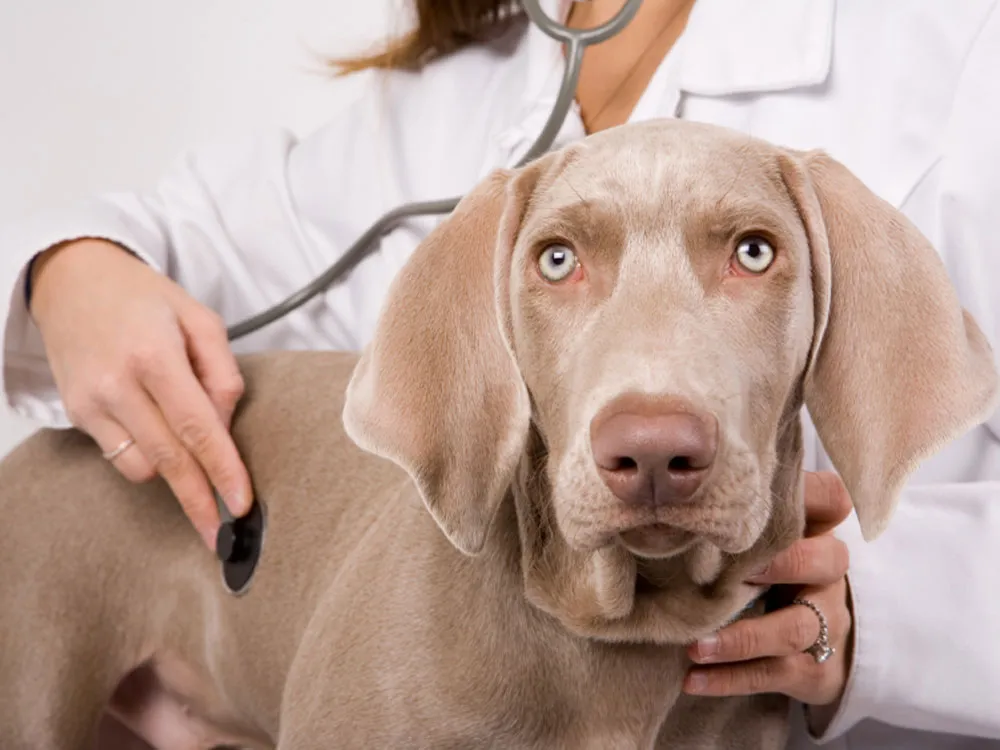As our canine companions enter their golden years, their needs change, and Taking Care Of An Older Dog requires a different approach. Owners of aging dogs may face challenges like cognitive decline and incontinence, in addition to making tough decisions about end-of-life care. Understanding how to best support your senior dog is key to ensuring their comfort and happiness.
 An elderly golden retriever looking content and relaxed.
An elderly golden retriever looking content and relaxed.
Understanding the Basic Needs of Senior Dogs
Older dogs are more sensitive to temperature fluctuations, mirroring the experiences of elderly humans. Dr. Nicholas Dodman, a veterinary behaviorist, explains that this is due to changes in their metabolism. To ensure their comfort, provide them with appropriate protection from both cold and heat. In colder weather, consider using a dog coat or blanket to keep them warm. During hot weather, make sure they have access to shade and plenty of fresh water to prevent dehydration. Never leave them unattended in direct sunlight for extended periods.
Adjusting Exercise Routines
As dogs age, their heart and lung function naturally declines, so adjusting their exercise routine is vital. Opt for shorter, more frequent walks instead of long, strenuous activities. Observe your dog for signs of fatigue or discomfort, and adjust the intensity and duration of exercise accordingly. Low-impact activities like swimming or gentle stretching can also be beneficial for maintaining their mobility and muscle mass.
Evaluating “Senior” Dog Food
When it comes to diet, be cautious of dog food marketed specifically for “senior” dogs. According to Dr. Dodman, there are no strict legal requirements defining what constitutes a “senior” dog food. Therefore, the composition of these foods can vary significantly. It’s best to consult with your veterinarian to determine the most appropriate diet for your individual dog’s needs, taking into account their weight, health conditions, and activity level.
If your dog is overweight, work with your vet to develop a weight loss plan, as excess weight can exacerbate joint pain and other age-related health issues.
Addressing Common Health Concerns in Aging Dogs
Older dogs are more susceptible to a variety of health problems, including cancer and cognitive dysfunction.
Cancer in Senior Dogs
Cancer is a leading cause of death in older dogs, affecting half of all dogs over the age of 10. Deciding whether to pursue aggressive cancer treatment is a personal one that requires careful consideration. Factors to weigh include the cost of treatment, your dog’s quality of life during and after treatment, potential pain and side effects, and the likelihood of extending their life. If a relatively non-invasive treatment can provide your dog with several months of quality life without causing significant pain, it may be worth considering. However, it’s crucial to avoid prolonging suffering with treatments that offer little benefit.
Canine Cognitive Dysfunction (CCD)
Canine Cognitive Dysfunction (CCD) is similar to Alzheimer’s disease in humans. Signs of CCD can include disorientation, confusion, changes in sleep patterns, decreased social interaction, and loss of housetraining. If you notice any of these signs in your dog, consult with your veterinarian. They can rule out other potential causes and provide recommendations for managing CCD, which may include dietary changes, medications, and environmental enrichment. You can utilize a helpful chart available on animal health websites to assess the signs your dog might be exhibiting. Monitor these signs over time; an increasing number can indicate that your dog is on the Alzheimer’s track.
 Dr. Nicholas Dodman, a veterinarian, smiling gently.
Dr. Nicholas Dodman, a veterinarian, smiling gently.
Making End-of-Life Decisions
One of the most difficult aspects of caring for an older dog is making end-of-life decisions. When your dog’s quality of life has deteriorated significantly, and they are no longer enjoying the things they used to, it may be time to consider euthanasia.
Signs that your dog’s quality of life is declining include:
- Loss of interest in food and social interaction
- Lackluster behavior and a general lack of enjoyment in life
- Unresponsiveness to therapies
- Chronic pain that cannot be effectively managed
Ultimately, the decision to euthanize is a personal one that should be made in consultation with your veterinarian.
Additional Considerations for Senior Dog Care
- Regular veterinary checkups: Senior dogs should have more frequent veterinary checkups, typically every six months, to monitor their health and detect any potential problems early.
- Comfortable bedding: Provide your older dog with a comfortable and supportive bed to alleviate joint pain and stiffness.
- Grooming: Regular grooming can help keep your senior dog comfortable and prevent skin problems.
- Mental stimulation: Keep your senior dog’s mind active with puzzle toys, training exercises, and social interaction.
Conclusion
Taking care of an older dog requires patience, understanding, and a willingness to adapt to their changing needs. By providing proper care and attention, you can help your senior dog enjoy their golden years to the fullest. Remember, even though they may be slowing down, the bond you share remains as strong as ever.
